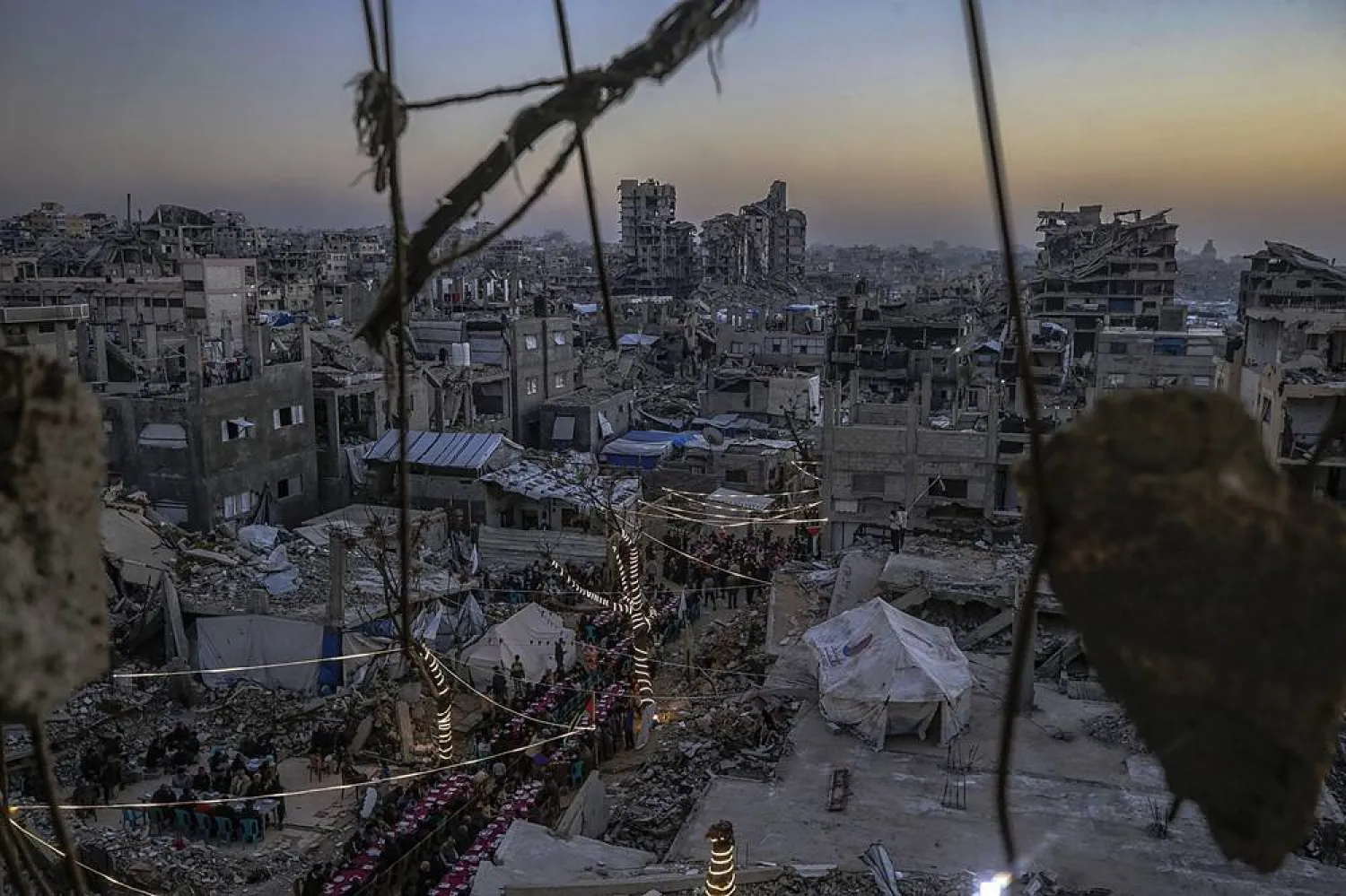Yemeni Foreign Minister Ahmed Awad bin Mubarak asserted that his government is ready for peace and wants to extend the UN-sponsored truce that began in April 2022.
"Our position is we are always seeking peace," he said.
"We did a lot, so many concessions to make peace. We respected the truce, and we are very hopeful to extend this truce and start … a negotiation. We are ready for peace. The question is, are Houthis ready for that?"
On Tuesday, the Yemeni minister met with US Secretary of State Anthony Blinken in Washington.
Blinken joined the demands to open the crossings, citing Taiz, and called for the need to secure freedom of movement and ensure the flow of goods and services to those in need in conflict areas.
The Secretary noted that "there is an opening for a more durable peace."
Bin Mubarak affirmed that the internationally recognized Yemeni government is committed to a political solution to the conflict.
Blinken referred to the truce brokered by the UN Special Envoy for Yemen, Hans Grundberg, which reduced military operations, hoping it would ease the humanitarian crisis and pave the way for more substantial peace talks between the warring Yemeni parties.
"This is a moment of a genuine and important opportunity for Yemen and its people," said Blinken, reiterating that it is an opportunity for "peace that we hope all Yemenis will find a way to seize,” Blinken said.
The two ministers' discussions
US State Department spokesman Ned Price said that Blinken "reiterated the United States' commitment to support the end of the conflict in Yemen and a stable, safe, and prosperous future for Yemenis."
The Secretary thanked the Foreign Minister for his efforts and those of his government in facilitating the first commercial flight from Sana'a since 2016, on May 16
The Yemeni government agreed to allow these flights to proceed to Amman, bringing much-needed relief to the Yemeni people.
Price added that the two ministers discussed "US support for securing and building on the UN-negotiated truce to achieve a comprehensive ceasefire and an inclusive political process that empowers Yemenis to determine their own future."
He pointed out that Blinken specifically noted the importance of ensuring the freedom of movement of people and goods through contested areas, like the city of Taiz, Yemen's third largest city, where hundreds of thousands of Yemenis are suffering under siege-like conditions and bearing the brunt of the humanitarian crisis."
Blinken expressed US support for the Presidential Leadership Council (PLC) and called it a valuable opportunity for broader representation of Yemenis.
He noted with appreciation the Council's expressed commitment to peace efforts and improving essential services and economic stability for millions of Yemenis.
Bin Mubarak called for more international pressure on the Houthis to implement the ceasefire terms and lift the siege imposed on Taiz, accusing the militias of not being serious about bringing peace and holding them responsible for returning to the military option.
"We expect more pressure from the international community, specifically from the US administration. We want to see the siege lifted. The people of Taiz cannot wait anymore. There is a window of peace. There is a moment in that we all – we all have to seize."
The US envoy to Yemen plays a vital role in the international efforts to bring peace and end the conflict.
According to Yemeni official sources, bin Mubarak praised his country and Washington's historical and solid relations.
He also lauded the United States' position in support of the Yemeni government and people in various fields, praising the humanitarian aid provided by Washington to Yemen.
The minister explained that the government, following the directives of the PLC, was keen to ensure the success of the ceasefire, while the Houthi militias are still procrastinating in implementing their obligations, namely lifting the siege on Taiz, facilitating the movement of citizens, and alleviating the humanitarian crisis.
The success of the ceasefire
The United States and the international community also want to ensure that fees for oil shipments entering Hodeidah port will be used to pay the salaries of public sector employees.
The Yemeni minister said the ceasefire had "positive results" in stopping hostilities and alleviating the people's suffering, but he accused the Houthi militias of violating its conditions.
The UN and the international community are under a real test of their seriousness in pressuring these militias to respond to peace efforts.
Bin Mubarak stressed the importance of benefiting from the achievements to ensure the armistice's success. He warned that this would lead to conflict again, bearing Houthis the responsibility.
The FM touched on the challenge facing his country regarding food security, the increase in wheat prices globally, and the lack of sufficient quantities.
Bin Mubarak stated that ensuring the provision of grain imports to Yemen is a crucial issue, warning of famine in Yemen unless it receives the UN support, in cooperation with the international community, prioritizing the countries facing food security challenges.









